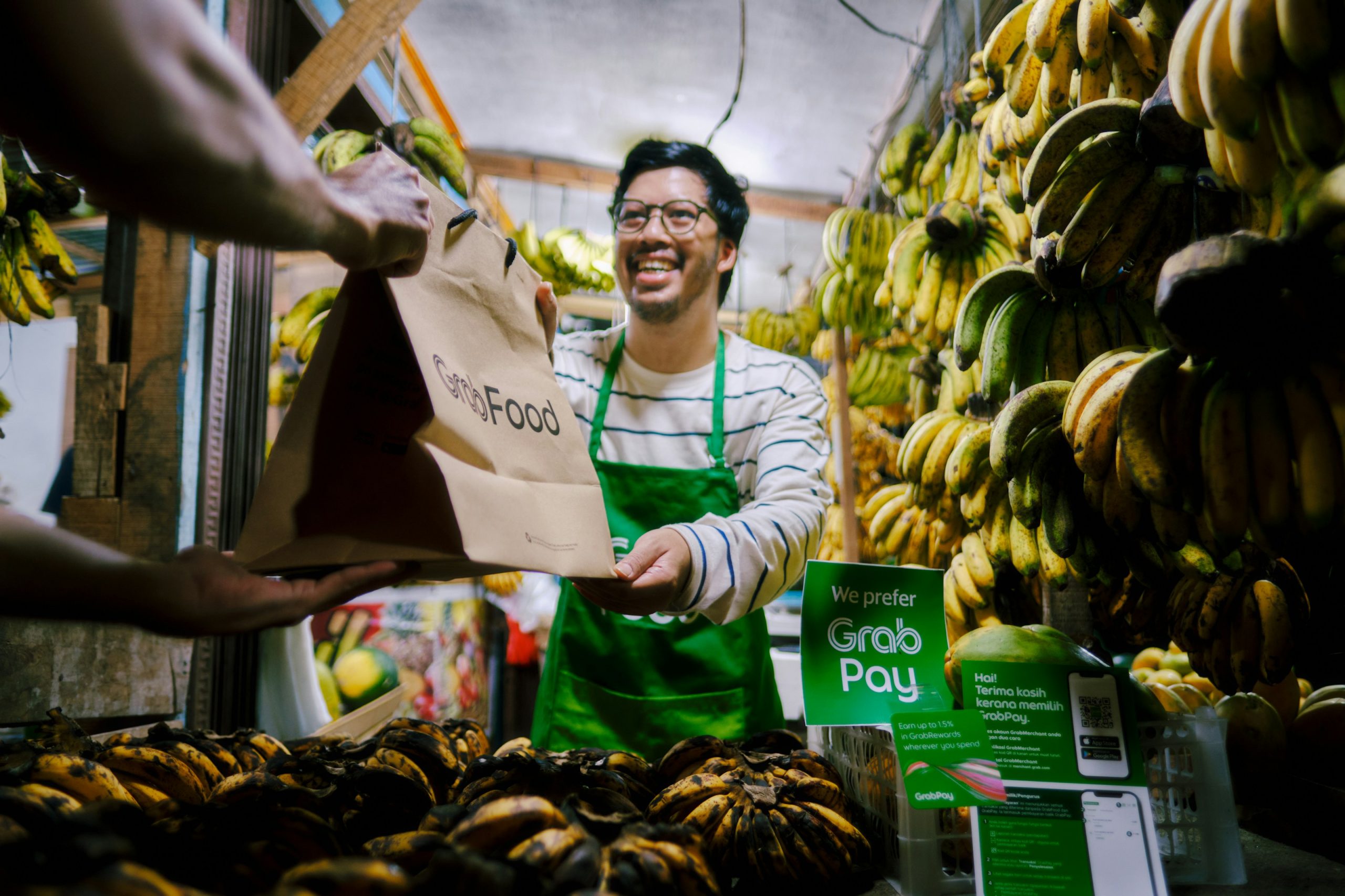Amid surging inflation and a new coronavirus variant, here’s an update on what’s happening across the supply chain.
LABOR TALKS AT WEST COAST PORTS
West Coast port facility operators will open negotiations with the International Longshore and Warehouse Union (ILWU) in early 2022, reported The Wall Street Journal (Nov. 28). The negotiations, which happen about every six years, could complicate an already-congested shipping situation.
The private companies that operate port facilities from Washington state to Southern California will begin negotiation on a multiyear agreement with the union representing 22,400 dockworkers to replace the contract that expires in July 2022. The union already rejected an offer by port terminal operators to delay negotiations until 2023.
ILWU International President Willie Adams said in a statement that everyone should welcome the prospect of collective bargaining “as fundamental to the wellbeing of our ports rather than prognosticating disaster.”
Major issues during negotiations usually include automation and benefits. In recent years, the terminals gained authority to expand the use of technology, while the union won increases in wages and pension benefits.
OMICRON’S POTENTIAL IMPACT ON SHIPPING
The U.S. joined the EU and U.K. in restricting flights from southern Africa over the new coronavirus variant, Omicron, reported BBC (Nov. 27).
U.S. officials said flights from South Africa, Botswana, Zimbabwe, Namibia, Lesotho, Eswatini, Mozambique and Malawi will be blocked, and only U.S. citizens and residents will be allowed to travel from the region.
The Omicron variant was first reported to the World Health Organization from South Africa on November 24 and has since been identified in other countries. It was designated as a variant of concern by the WHO due to the large number of mutations.
The variant also has the potential to affect shipping. China, for example, could double down on its zero-COVID approach, reported CNBC (Nov. 28). China has stuck with its strategy despite many other countries lifting some restrictions.
The strategy includes mass lockdowns, as well as extensive testing, heavily controlled or closed borders, and robust contact tracing systems and quarantine mandates. Notably, the country has also implemented strict checks at ports, including monitoring ships and cargo, to precent cases from coming in.
TRUCKER AND OTHER SHORTAGES BECOME APPARENT
The ongoing truck driver shortage is continuing to impact the supply of various goods. In the U.K., a group of 48 wine and spirits companies warned the government of a potential alcohol shortage for Christmas due to the truck driver shortage, reported The Guardian (Nov. 24).
Members of the Wine and Spirit Trade Association, which coordinated the letter to the government, have reported it is taking up to five times longer to import products than a year ago, with two-day orders taking more than two weeks to process. Freight costs have increased by about 7%, according to the association.
Additionally, across the U.S., a glass bottle shortage is threatening wine and spirit sales as the peak holiday season approaches. The causes range from robust alcohol demand and labor shortages to some glass production being diverted to make vials for COVID-19 vaccines, reported The Financial Times (Nov. 27).











